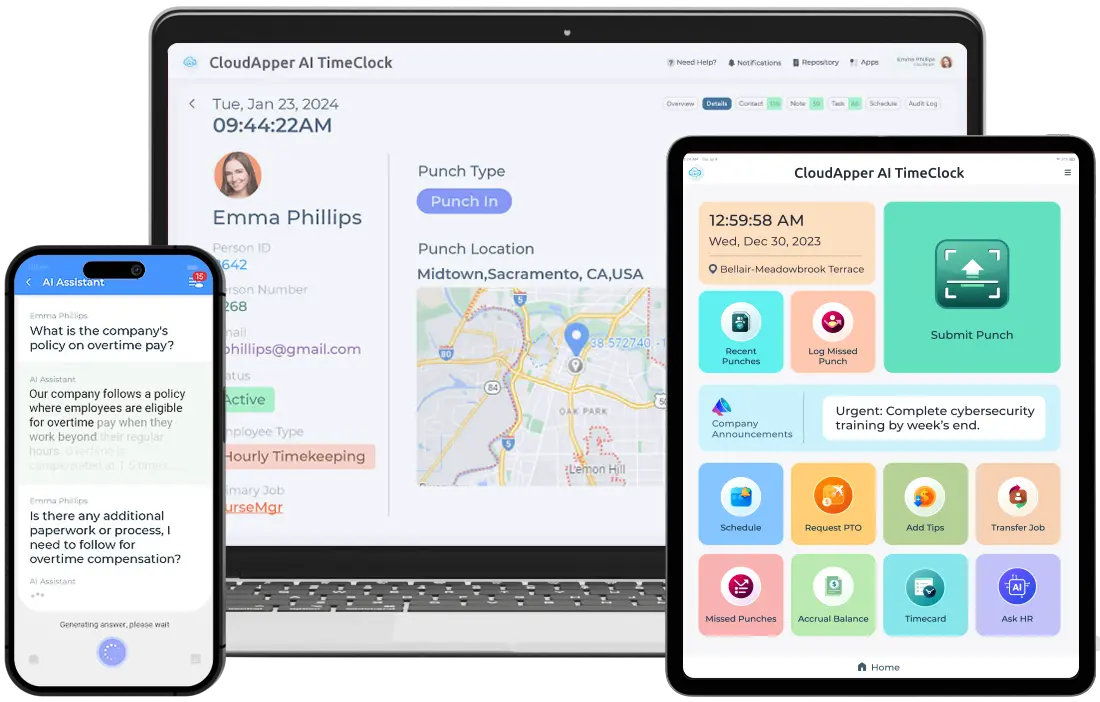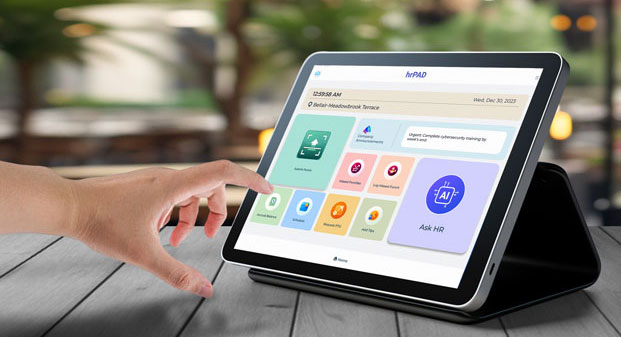How AI Can Ensure Fair Compensation: Lessons from Boeing’s $3.5 Billion Loss
Workers at Boeing’s Renton factory spent two days on the picket line following an overwhelming vote to reject a new labor contract. Vaughn Johnson, one of the striking workers, emphasized at the time, “They don’t want to pay us fairly. We’ve had good profits… but they’re not willing to pay us more.” The workers had only received a one percent raise in the previous eight years, which, according to Johnson, failed to keep up with inflation. As the strike progressed, analysts predicted it could cost Boeing $3.5 billion in cash flow if it extended into mid-November, referencing the $100 million daily revenue loss from the eight-week strike in 2008. Although the company acknowledged the rejection of its tentative agreement, they expressed a commitment to reaching a new deal with the union.

Strikes like this one not only disrupt production and reduce profits but also strain the relationship between companies and their workforce. One of the key issues at the heart of labor disputes is the lack of fair compensation and adequate feedback channels for workers to express their concerns. In today’s business environment, companies need to proactively address such issues to maintain harmony and avoid costly disruptions.
This is where AI platforms like CloudApper can play a vital role in preventing such situations. CloudApper offers a suite of tools that help companies manage workforce, ensure fair compensation, and streamline communication with employees.
With CloudApper, businesses can automate payroll calculations based on employee work hours, job location and pay code, including overtime and bonuses, the platform eliminates human error and helps companies ensure that workers are compensated in line with their contributions. This level of transparency can build trust between management and the workforce, minimizing the likelihood of strikes and walkouts.
Moreover, CloudApper provides a robust employee feedback system, allowing employees to voice their concerns and provide feedback in real-time. This system enables workers to express dissatisfaction before issues escalate into larger conflicts. Surveys can be customized to measure employee satisfaction with their wages, working conditions, and overall experience, helping companies identify and address grievances early.
Additionally, CloudApper HR assistant can handle routine tasks, such as handling employee inquiries about HR policies, pay rates, and more, thereby improving communication between employees and management. It provides insights into workforce sentiment and ensures that management can respond effectively to the needs of employees.
In the case of companies like Boeing, where labor disputes can lead to significant losses, integrating AI platforms like CloudApper can ensure fair pay, and maintain a satisfied workforce. By offering real-time feedback and data-driven solutions, CloudApper empowers businesses to create an inclusive, transparent, and fair working environment. In the long run, this helps companies avoid the financial strain and operational disruptions caused by strikes, leading to a more harmonious relationship with their employees.













